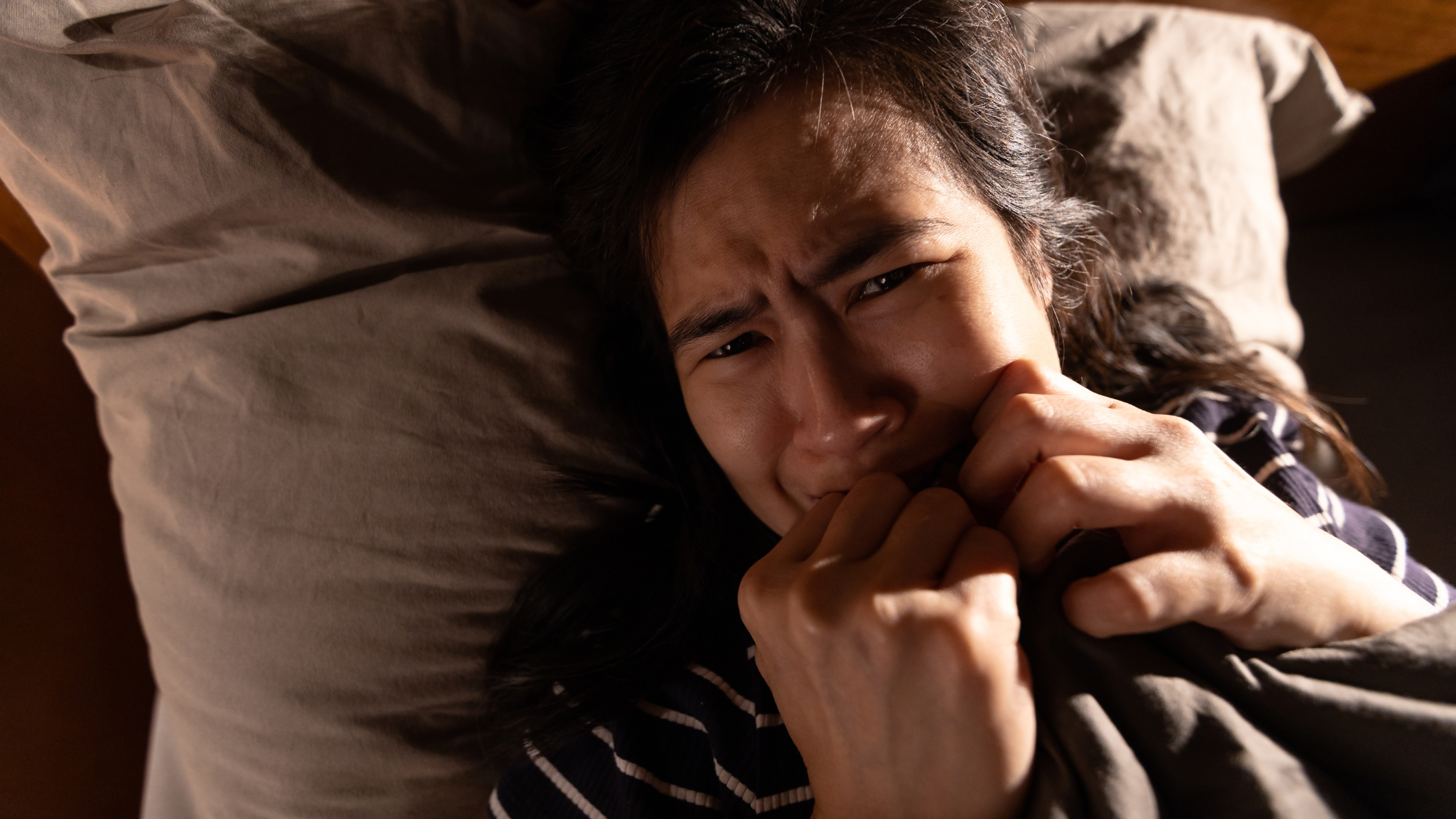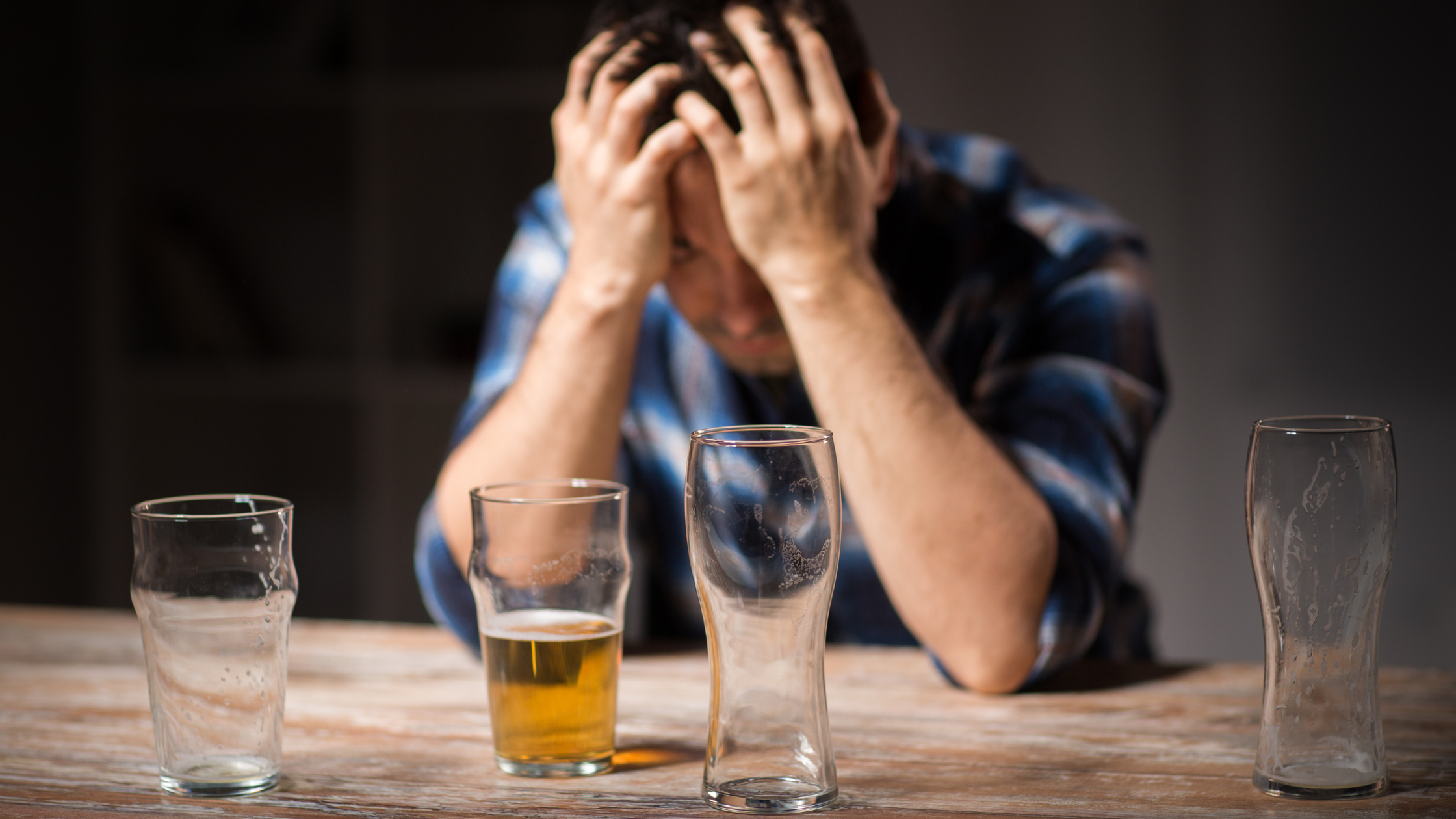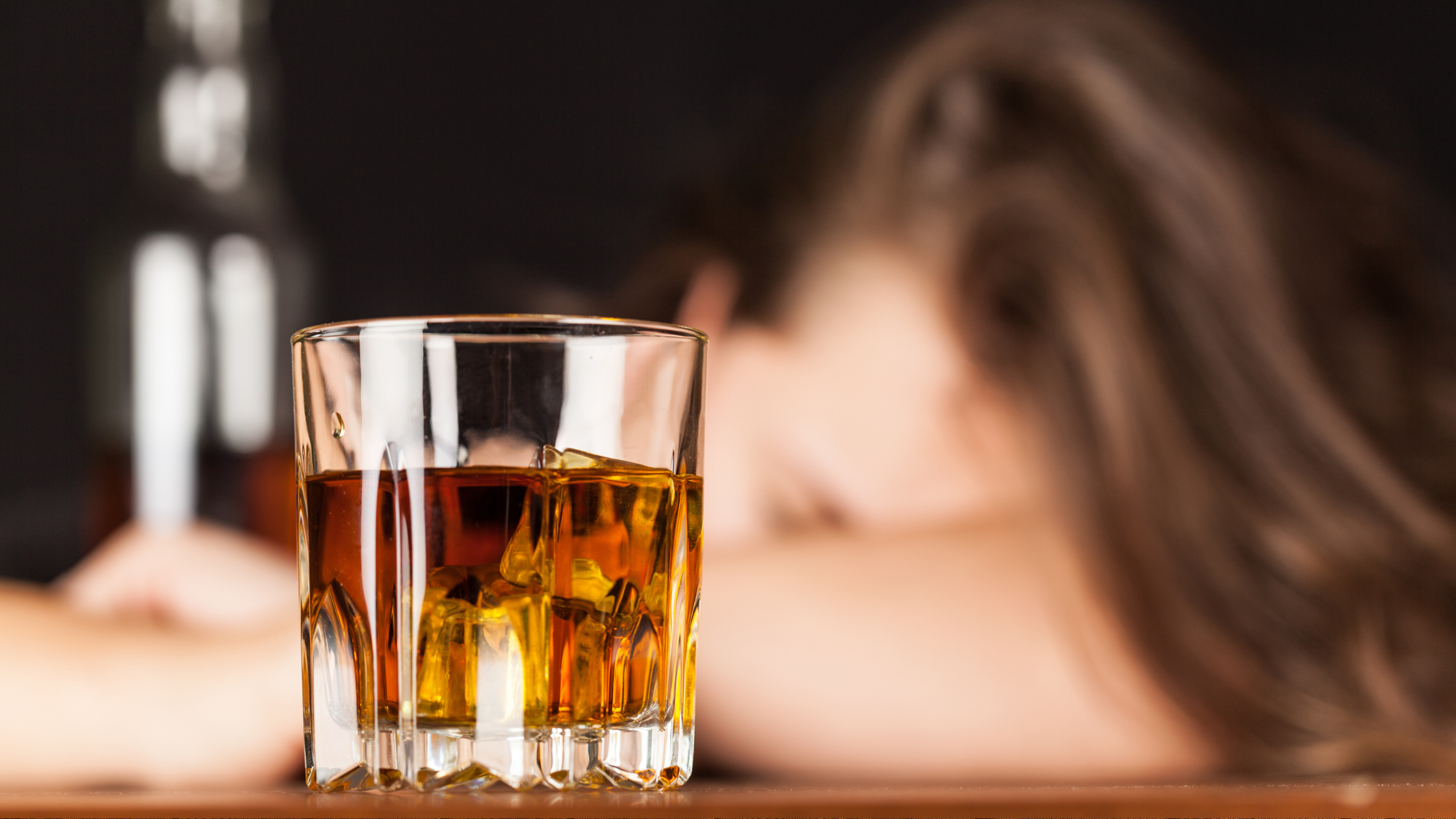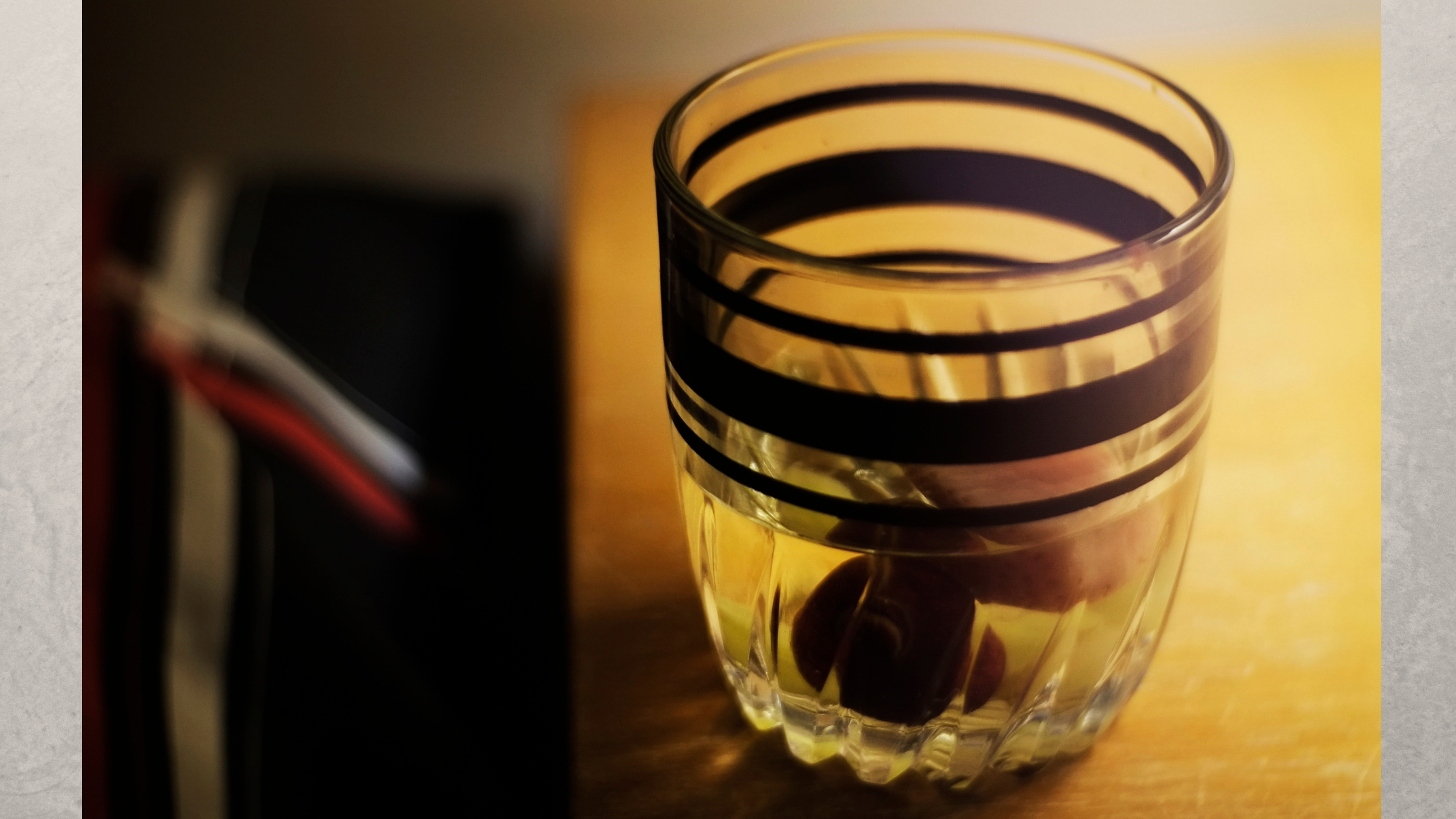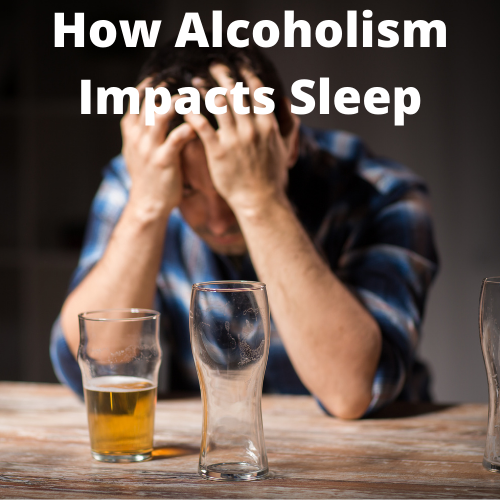Partying can be a fun and exciting way to unwind and socialize, but it often comes with a hidden cost: disrupted sleep. Whether it’s staying up late, consuming alcohol, or exposing yourself to loud music and flashing lights, the effects of partying can linger long after the night is over. Understanding how partying impacts your sleep can help you make more informed choices about balancing fun and rest.
How Partying Impacts Your Sleep: The Hidden Costs of Late Nights
Understanding Alcohol-Related Psychosis and Its Impact on Sleep
Alcohol-related psychosis is a severe mental health condition that can arise from prolonged and excessive alcohol consumption. This condition is characterized by symptoms such as hallucinations, delusions, and paranoia, which can severely disrupt an individual's life. One of the significant challenges faced by those experiencing alcohol-related psychosis is the impact on sleep. Understanding this relationship is crucial for managing the condition and improving overall well-being.
Navigating Alcohol Withdrawal and Sleep: Challenges and Strategies
Alcohol withdrawal is a challenging process that occurs when someone who has been heavily drinking for a prolonged period stops or reduces their alcohol intake. One of the significant issues during withdrawal is sleep disturbance, which can severely impact an individual's recovery journey. Understanding the relationship between alcohol withdrawal and sleep is crucial for managing this challenging phase and promoting long-term recovery.
Understanding the Impact of Alcoholism on Sleep: Challenges and Solutions
Alcoholism, or alcohol use disorder (AUD), is a chronic disease characterized by an inability to control or stop drinking despite adverse consequences. Among its many detrimental effects on physical and mental health, alcoholism significantly disrupts sleep. Understanding how alcohol affects sleep and finding ways to improve sleep quality is crucial for those struggling with alcoholism and those in recovery.
Quitting Nighttime Alcohol: Strategies for a Healthier Sleep Routine
For many people, enjoying a nightcap or a glass of wine before bed can become a regular habit. While alcohol may initially help you relax and fall asleep, it can ultimately disrupt your sleep cycle and lead to various health issues. If you’re looking to break the habit of nighttime alcohol use and improve your sleep quality, this blog post offers practical strategies to help you make the transition to a healthier nighttime routine.
How to Manage Sleep Problems Associated with Alcoholism
Alcoholics are those that abuse alcohol and drink it in excess. Among the other health problems they may face, such as liver disease, obesity, heart disease, and neurological disorders, sleep is another aspect of their lives that can be disrupted. Alcohol may help individuals fall asleep faster, but this is about the only benefit alcohol has towards sleep.
Alcohol does not allow sleepers to enter the phase "deep sleep" which is important for restoration and next-day function. The more alcohol that one consumes, the more this sleep is interrupted. Abstinence from alcohol can further exacerbate sleep issues, increasing sleep latency, and leading to other health issues like insomnia. Continue reading to learn how to manage sleep problems associated with alcoholism.
Insomnia induced by the consumption of alcohol, drugs, and other medications is called substance or medication-induced disorder. This means that the effects of using any of those substances is the cause of any sleep issues you may be experiencing, including sleep deprivation, excessive sleepiness, and unusual behaviors during sleep.
Substances or medication-induced sleep disorder differs from primary insomnia or exhaustion because it affects individuals right after they have taken a drug. Staying up late, participation in activities induced by drug or alcohol use can all interfere with sleep significantly, and the effects last much longer. Continue reading to learn more about how substances can lead to a sleep disorder.
The sleep that one can get after having a few drinks of alcohol may persuade you that drinking alcohol can lead to great sleep. And although you may feel like you are getting deep sleep, the quality of your sleep may be too poor to offer any benefits. Alcohol interrupts the process of REM sleep, which is important for the restorative feeling of sleep. Without this stage, you may wake up still feeling lethargic and unrested, regardless of how long you slept. Those who abuse alcohol may have an even worse time with sleep. Keep reading to find out how alcoholism is impacting your sleep.


